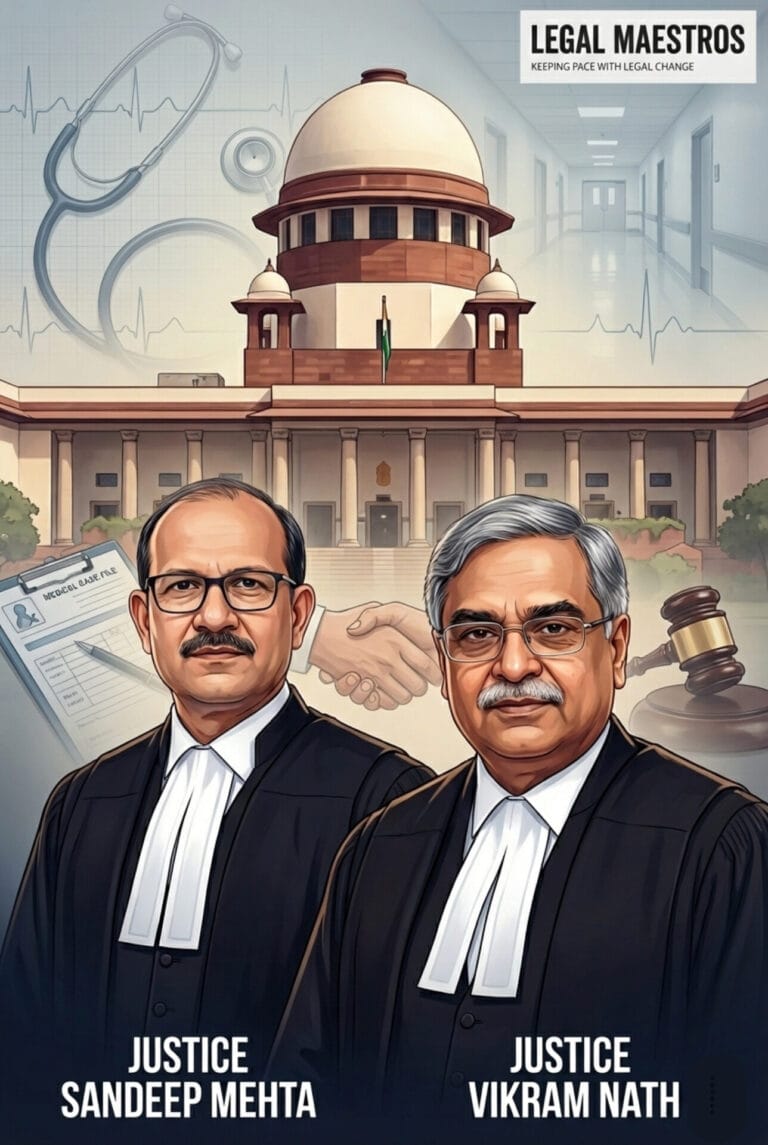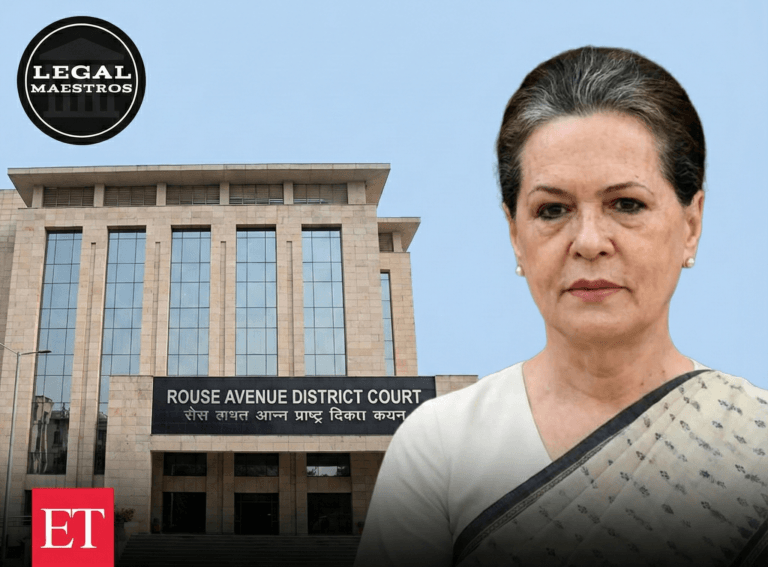
Legal Remedies for False Allegations by Wife in Maintenance Cases
In India, matrimonial cases at times result in false charges being leveled by a wife in maintenance cases, which bring a lot of distress to the husband. The legal system offers various remedies to deal with such scenarios, making sure that justice is delivered and persons are safeguarded against baseless charges.
**Understanding Maintenance Laws in India**
Indian maintenance laws are aimed at offering financial assistance to wives who cannot support themselves. A wife who cannot support herself is entitled to claim maintenance from her husband under Section 125 of the Code of Criminal Procedure (CrPC). The provision is intended to avoid destitution and enable a divorced or separated wife to live with dignity.
For any queries or to publish an article or post or advertisement on our platform, do call at +91 6377460764 or email us at contact@legalmaestros.com.
**Challenges Arising from False Allegations**
Though the motive of maintenance laws is commendable, there have been cases of misuse of these provisions. The false complaints are filed by some to harass their spouses or to derive unjust financial benefits. Not only does this use of law defile the intent of the law but also fills the judicial system with trivial cases.
**Legal Remedies Available**
1. **Filing a Counter-Case for Perjury**
If a husband is able to bring proof that his wife has given false testimony on oath, he may lodge a complaint of perjury under Section 340 of the CrPC, read with Section 195 of the Indian Penal Code (IPC).
Perjury is the act of giving false evidence intentionally or forging evidence in court proceedings.
Perjury may be punished for up to seven years of imprisonment.
2. **Filing Defamation Case**
False accusations can ruin one’s reputation.
In such a situation, the husband can sue for defamation under Section 500 of the IPC.
Defamation is the act of giving false information that causes harm to another person’s reputation.
On conviction, a person may be imprisoned for a term which may extend to two years, or he may be fined, or both.
3. **Suing for Malicious Prosecution**
If the husband has been subjected to judicial proceedings on false charges, he can sue for malicious prosecution. He needs to prove that the proceedings were instituted in malice and without reasonable cause, and concluded in his favour. The remedy entitles the aggrieved person to compensation for the mental torture and pecuniary loss incurred.
4. **Relief Under Section 211 of the IPC**
Section 211 pertains to false charge of offense with intent to cause hurt. If a wife makes a false complaint that leads to criminal proceedings against her husband, he can make a complaint under this section. The punishment can go up to two years of imprisonment, or up to seven years in the case of a false charge of a capital offense.
5. **Application for Restitution of Conjugal Rights**
If the husband wants to resume the marriage relationship, he may move an application under Section 9 of the Hindu Marriage Act, 1955, for restitution of conjugal rights.
This remedy claims that the spouse has removed himself/herself from the other’s society without justifiable reason.
A decree in favour can make the husband’s case stronger, suggesting his willingness to keep the marriage intact.
**Judicial Precedents**
The courts have dealt with the abuse of maintenance laws in a number of cases:
– **Mamta Jaiswal vs. Rajesh Jaiswal (2000):** The Madhya Pradesh High Court noted that a highly qualified spouse who voluntarily does not work to get maintenance should be discouraged. The court stressed that Section 24 of the Hindu Marriage Act is not intended to provide an “army of idle persons” expecting a dole from the other spouse.
– **Smt. Surbhi Agrawal vs. Sanjay Agrawal (1999):** The Madhya Pradesh High Court observed that levying false and malicious allegations in the absence of any evidence is cruelty. In the present case, the wife’s baseless allegations caused mental distress to the husband, and the court saw it necessary to correct such abuse of legal provisions.
– **Tripti Singh vs. Ajat Shatru (2024):** The Allahabad High Court observed that false criminal prosecution against the husband and his relatives by a wife is cruelty. The court ruled that making the husband’s parents undergo arrest on false charges is a serious act of cruelty, which warrants the termination of marriage. citeturn0search9
**Preventive Measures**
In order to protect oneself from false allegations, one can adopt the following:
– **Preservation of Records:** Recordings of the communication, financial records, and other important documents may act as evidence in case there is a claim of misrepresentation.
– **Testimonial Evidence:** Credible witnesses to testify regarding the character of the relationship and events may be an invaluable resource.
– **Counselor Advice:** Obtaining the services of professional counselors from the beginning can aid in better navigating the workings of the judicial system.
**Conclusion**
While maintenance laws are necessary to safeguard spouses who are truly in need, abuse of these provisions by making false claims is a cause for concern. The legal recourse available seeks to prevent such abuse and grant justice to the falsely accused. It is important that the legal system strike a balance between safeguarding vulnerable persons and preventing exploitation of the law. Ensuring that justice prevails requires vigilance, proper legal representation, and a commitment to upholding the integrity of judicial processes.




